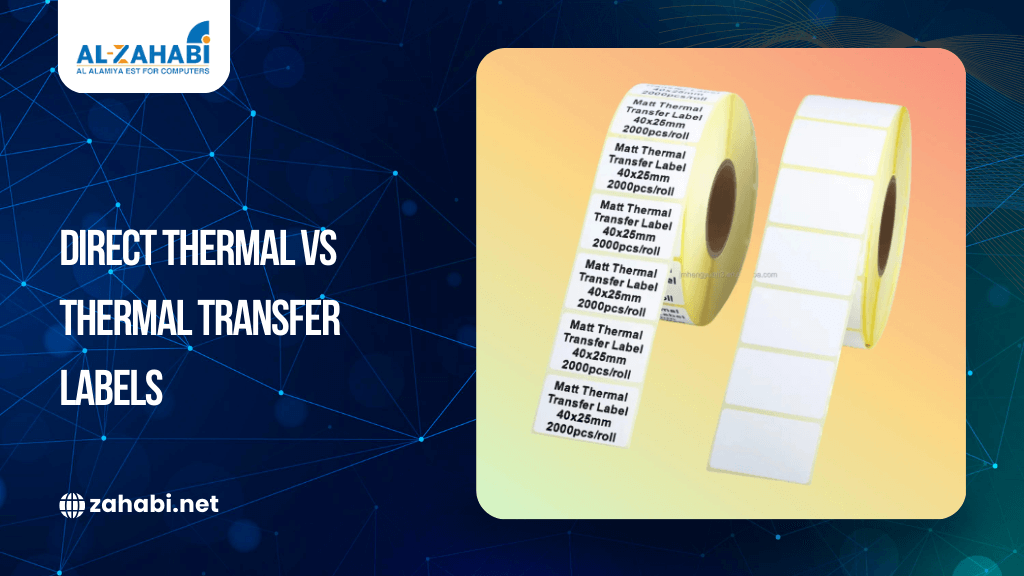In retail, logistics, healthcare, and manufacturing industries, thermal labels are necessary for effective product identification, tracking, and customer transactions. They're used extensively in shipping labels, barcodes, receipts, and inventory management due to their affordability,.
